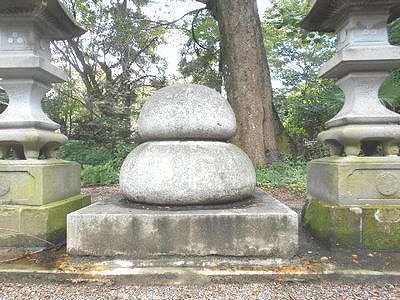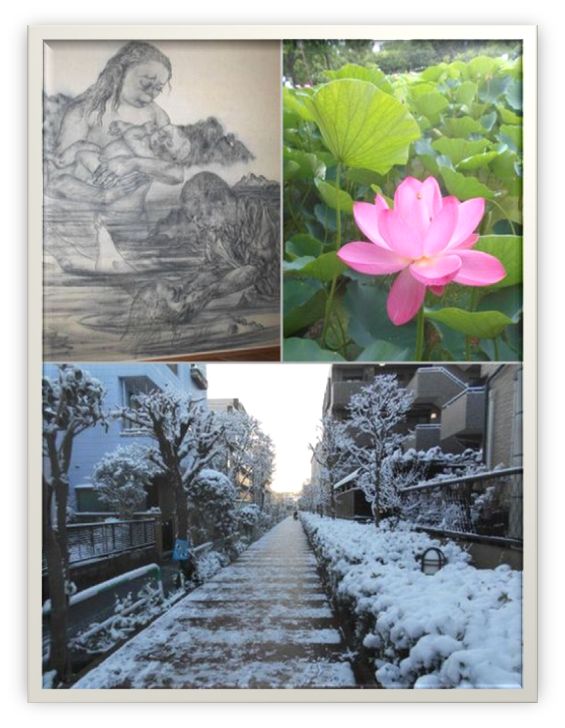
There are Kurds (tribes) who live mainly in Turkey and live as refugees in neighboring countries and around the world (mainly Muslims and Kurds, which is said to have about 40 million people).
Most Japanese do not know that there are about 2,000 Kurd people living in Japan. Approximately 1,500 people live in Kawaguchi City, probably because they are a strong ethnic group.
* Approximately 500 people are temporarily released, and their lives are … (The Asahi Shimbun, September 16, 2021)
The theme of this movie is “refugee and immigration” issues. The Japanese government is actively engaged in exchanges and business with foreigners who are wealthy and willing to drop money, foreigners with technical capabilities, skills (power), and countries with diplomatic rights, but immigrants are not allowed. However, as a labor shortage, 3K (3Ds: Dangerous, Dirty, Demanding) workers are conditionally accepted from developing countries under the name of “technical intern trainees”. Other than that, there are few political refugees, but there are many illegal immigrants (persons who are engaging in activity outside scope permitted, over-stayers) and stowaways.
This movie is a story that reveals “accusation of immigration administration of the Japanese government” and “zero international sense” not someone else’s problem but from interviews from 6 years ago dating from 2021, instead of personnel affairs. If you have a chance, please must see this movie, and know this story.
Koti: Please contact the website of Shinjuku Q Flat Building 306, 5-4-1 Shinjuku, Shinjuku-ku, Tokyo. Voluntary screenings are most welcome.
It’s a non-fiction, documentary film about two young people and their relatives’ uncle. Nowadays, it is a social situation that accepts refugees in various countries around the world, and the cause is that killing, and discrimination are rampant due to differences in domestic political positions, and there is also the involvement of suzerains. There must have been a time of the one-flag sect. Why do you flee to Japan from Europe (around Turkey) instead of talking about Japan’s neighboring countries? I didn’t do much in this movie, but maybe I happened to have the opportunity to choose a country called Japan, and my passport and visa would be legal. What does not accept families in Japan is the immigration control system of Japan’s foreign policy, which is cold for “exiles and refugees.”
However, it is a common understanding in the world that the right to study and live in Japan is equal, but that is lacking in the first place. (Can’t work with a special visa [provisional release permit], can’t join the welfare system, and don’t know when will be imprisoned [despite not being a criminal]).
An officer says that he always says to those who come to re-apply, “Get out of Japan and go to another country.” And the standards and human rights that imprison violators (not criminals) have not been published.
Of course, there are Japanese laws (although there are refugee policies that lag the rest of the world.), but it is the government officials who operate them. And the money that supports them comes from our taxes. This is the second problem (it costs money, so if you want to repatriate it, it’s wag-the-dog!). You should be more interested and know the reality. Even in my personal experience, there seems to be many immigration officials who are arrogant and ruthless.
The third, lack of international sensibilities is the reality of Japan, which is not only in the country but also in the region and everywhere. Public and private education are important for these improvements, but there are also problems with the awareness and awareness of schoolteachers, as well as in the media, politics, and academia. I think, especially there are many patriotic conservatives in Japan. There is a problem with people who has difficulties in interacting with foreign countries. It would be great if this could be improved. However, there are cases where things are changing little by little… Japan still has shameful cases that lag the rest of the world, such as ratification of the Treaty on the prohibition of nuclear weapons, delays in the equal gender system and the notification system for married couples, the abolition of the death penalty system, and the imperial system. There are still shameful cases that are less recognition compare with the world in Japan. We really hope that the democratic opposition party will play an active role and that lawyers and volunteers will support us.
The conclusion is that the Japanese (government) should take measures for more tolerant residence permit conditions (VISA) for foreigners and make efforts to guide and care for Japanese language and culture so that foreigners can adapt to Japan. I want you to do it, and I strongly request government to implement coexistence support measures in the area including housing agenda.
This post is written about international exchange and goodwill in the thesis.
I learned that there is also a picture like the lantern (Buddhist temple Kanji-in in Kumagaya), and I felt that it might fit this article.
“Tokyo Kurds” on Twitter: https://twitter.com/tokyokurds
Please visit my website for Wat Japan also.
http://marsk.html.xdomain.jp/
